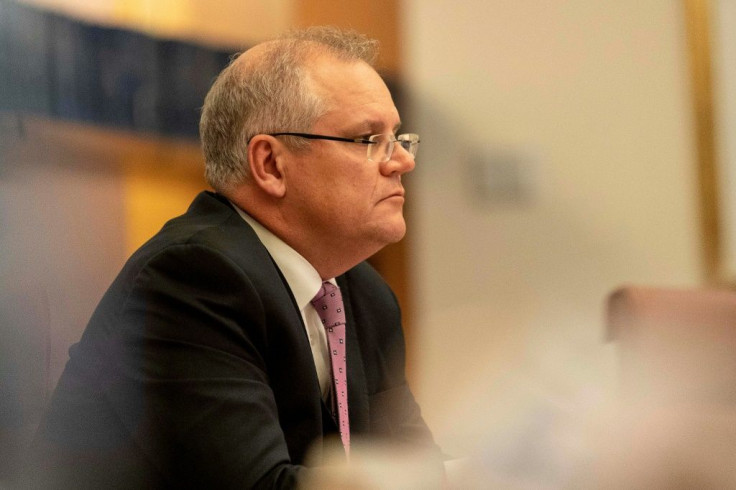Australian Unemployment Hits Two-decade High
Australia's unemployment rate hit its highest level in two decades last month, official data showed Thursday, as hundreds-of-thousands more people lost their jobs because of pandemic-induced shutdowns.
The jobless rate jumped to 7.1 percent in May following the loss of 227,700 posts, which was almost three times more than forecast and followed a more than 600,000 fall the month before, according to the Australian Bureau of Statistics.
The figures come with the country on course for its first recession in nearly three decades after the economy shrunk 0.3 percent in January-March, with a "far more severe" reading expected in the next three months.
The conservative government described the data as "devastating", with Prime Minister Scott Morrison warning "we are working with some of the biggest economic challenges this country has ever faced".
The Australian dollar weakened against major currencies, and Sydney's ASX 200 stock market fell 1.6 percent following the news.
Unemployment had been hovering around five percent before February, when coronavirus travel bans were introduced and businesses forced to introduce social distancing measures. It was sitting at a revised 6.4 percent in April.
The last time it broke seven percent was in October 2001.

Market analysts at NAB bank expressed shock at the number of people who left their jobs or stopped looking.
"Over the past two months, a massive 835,000 people have lost their job," they told clients.
That figure is roughly double the population of Canberra.
"Many of those who lost work also left the labour force", NAB added, noting the labour force participation rate fell to the lowest level since 2001.
Morrison warned it would take at least two years for the economy to return to normal and could be set back by a second wave of infections.
The former treasurer won election last year on a platform of sound economic management and fiscal responsibility.
He is due to face re-election by 2022 and now faces a difficult decision about whether to end massive crisis spending programmes that provide income support to three million people and propping up the broader economy.
Australia's central bank has warned against withdrawing stimulus spending too quickly, but Morrison risks upsetting the right wing of his party -- which opposes many of the country's social safety nets -- if he continues the programme.
© Copyright AFP 2024. All rights reserved.





















